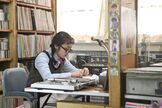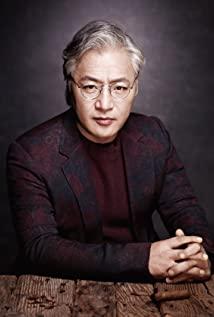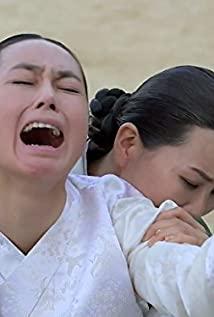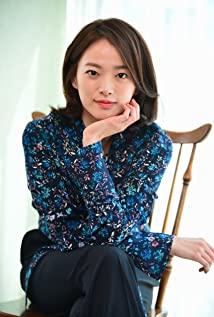After Japan was defeated and announced its unconditional surrender, the U.S. military held a surrender ceremony and established a military government in southern Korea, promulgated 211 legislative orders and initially established South Korea's constitutional democratic system, but South Korea has no history of political democratization. Task, the road to democratization in Korea is long and arduous.
On August 15, 1948, Syngman Rhee was elected as the first president of the Republic of Korea. He was supposed to step down before 1956, and served three terms by rigging elections and amending the bill. Angry South Korean nationals staged the "April 19" coup on April 19, 1960, to overthrow the corrupt Syngman Rhee government. It was the first successful democratic movement in Korean history.
On May 16, 1961, Park Chung-hee launched a military coup and took power. Until the assassination of Park Chung-hee in 1979, Korean society was in a state of suppressed political freedom and failed to achieve social democratization.
In the late 1970s and early 1980s, the youth student movement in South Korea rose again, and they became "the most active and politically concerned element of the Korean population". For the political struggle of young students against dictatorship and for democracy, military rulers, whether it is Park Chung-hee or later Chun Doo-hwan, regarded it as a thorn in the eyes and a thorn in the flesh. They have adopted various high-pressure measures to crack down and suppress, thus making South Korean young students The government has been in a state of estrangement and even hostility from each other.
In May 1980, the "Gwangju Incident" that shocked the whole country broke out, killing thousands of people and arresting a large number of citizens and students. Chun Doo-hwan's Fifth Republic characterized the "Gwangju Incident" as a "civil strife conspiracy incident led by the pro-communists in Kim Daejeon", and the government banned all public opinion and publications on the "Gwangju Incident".
After that, from 1980 to 1983, more than 700 journalists were ordered to retire by the government for demanding press freedom. In 1980 and 1985, two South Korean workers set themselves on fire demanding to find out the truth about the crackdown on the "Gwangju Incident".
From 1980 to 1986, a considerable number of college students were expelled every year for political demands. Throughout the 1980s, at Jeonnam University in Gwangju, the holy land of the Korean student movement, several students set themselves on fire due to their utter despair over the Korean dictatorship. They used their own lives to awaken the confidence and courage of the people to resist the dictatorship of the warlords.
On October 12, 1987, the Korean National Assembly passed the revised constitution. It provides for the implementation of direct presidential elections for a five-year term of office, which cannot be re-elected; it abolishes the power of the president to declare a state of emergency and dissolve the Congress, establishes the sanctity of human rights, and guarantees the principle of free multi-party competition. South Korea thus started democratization in the true sense.
Facing this neighbor who is only separated by the Yellow Sea, we are moved by their changes over the decades. The reasons for their confidence are self-evident.
View more about Sunny reviews











